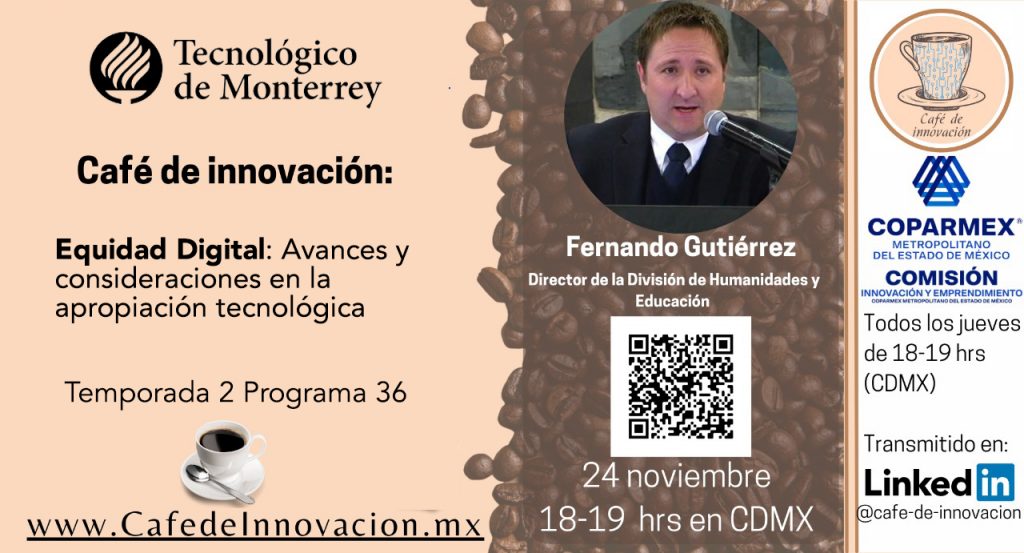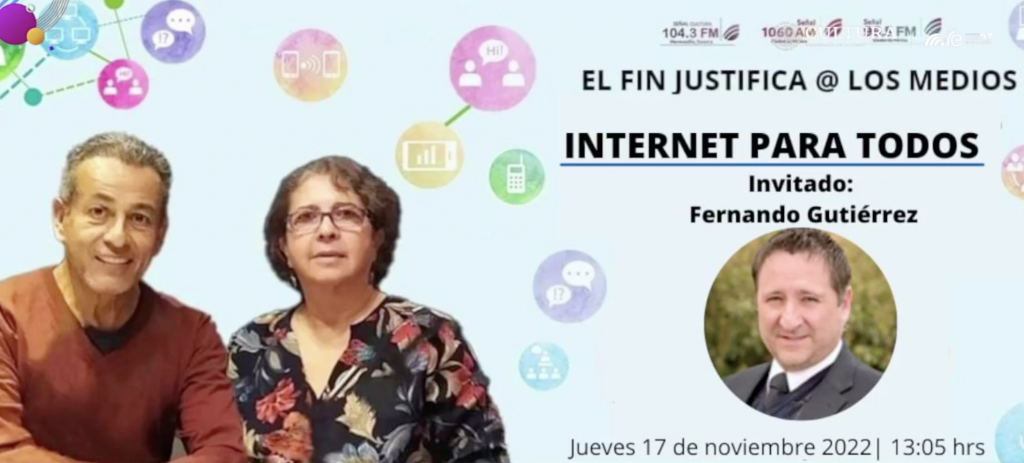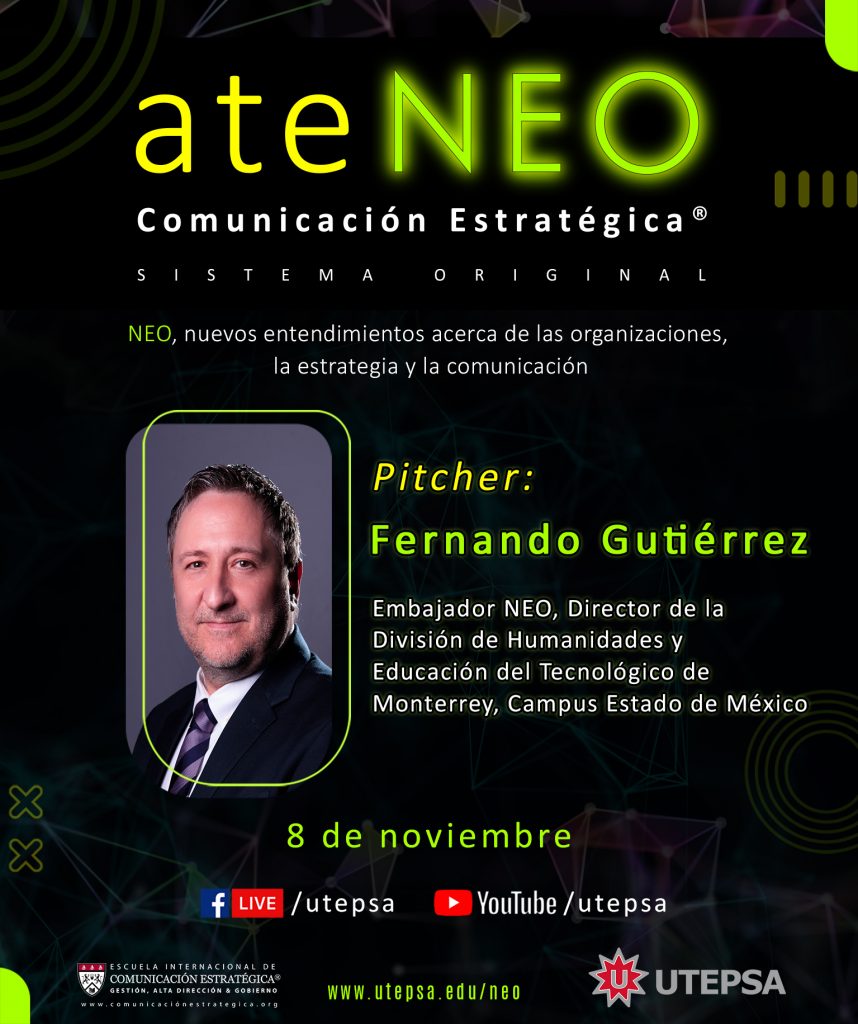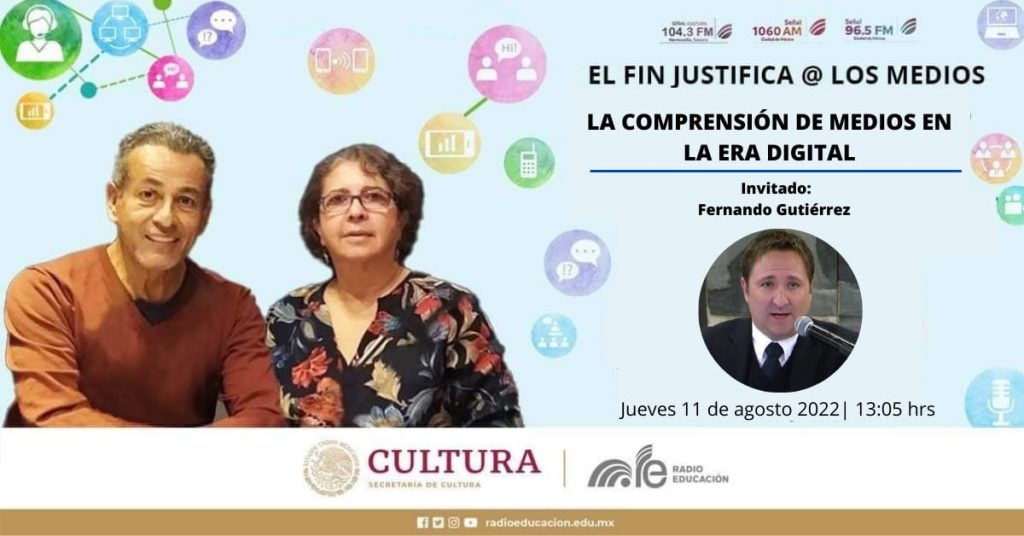Aquí dejo la transcripción de esta editorial sobre la situación que atraviesa Twitter.
Renovarse o morir es la vieja disyuntiva que enfrenta actualmente una compañía como Twitter, que fue fundada hace casi 16 años por Jack Dorsey y un grupo de emprendedores. Hoy esta compañía –que ocupa el sexto lugar en uso en nuestro pais– enfrenta un gran reto, principalmente como consecuencia del cambio en su dirección general que derivó primero de la compra de la mayoría de las acciones por parte del multimillonario Elon Musk, quien terminó poco después por adquirir la totalidad de la empresa.
En sus inicios, la propuesta de Twitter fue muy buena y bien recibida por la mayoría de los usuarios de Internet. Un modelo de microblogging que permitía la transmisión de mensajes de 140 caracteres que heredó de los servicios de mensajes cortos, mejor conocidos por sus siglas en inglés SMS. Esto permitía que la información viajara rápidamente por Internet de un lugar a otro. Bajo este modelo la empresa comenzó a crecer hasta, llegar en 2012 (casi 5 años después de su fundación) a captar a más de 200 millones de usuarios, y bajo un modelo comercial que había instalado un par de años antes basado en la promoción y publicidad de mensaje dirigidos.
Sin embargo, el impedimento de uso de recursos visuales y audiovisuales, y la limitación de caracteres –que no tenía otras redes sociales con las que competía como Facebook–aunado a la aparición de nuevos actores que llegaban al mercado, como la plataforma de origen chino TikTok; fueron dejándo a la empresa atrás. Por otra parte, el ambiente que se propició en Twitter resultó muy hostil para las nuevas generaciones que decidieron optar por otras alternativas.
Hoy la plataforma tiene una nueva oportunidad para renovarse o morir. El destino está en las manos de un polémico pero experimentado emprendedor que desde su perspectiva desea hacer de twitter un nuevo espacio comunicativo funcional en el que sobretodo se preserve la libertad de expresión.
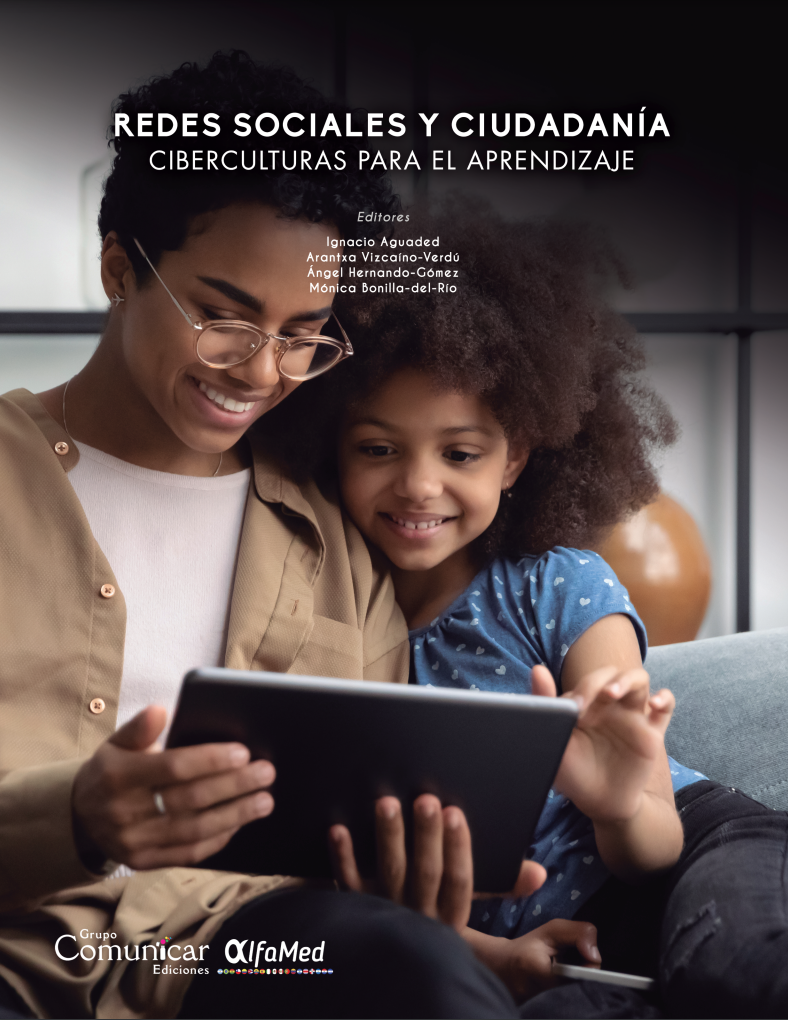
 Loading…
Loading…

